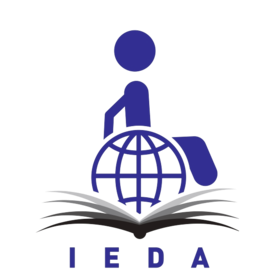In order to participate fully in the educational process on an equal footing, PWDs need different forms of adaptation. One of those forms is assistive technology (AT), which includes all technological solutions designed to enable, support or enhance the functioning of a person with a disability. In formal education, ATs are implemented through organized mechanisms within the educational system, while in the field of non-formal education there is no systematic support for the implementation of ATs. In order to adequately include PWDs into their non-formal programs, providers of this type of education must have basic knowledge of AT. This curriculum is providing a systematic overview of assistive technologies with regard to the type of disability. It also provides insights into procurement and training opportunities for AT. An integral part of the curriculum is universal design, an idea that promotes the creation of technology accessible to all regardless of the (non) existence of disability. This curriculum is intended primarily for professionals in the field of non-formal adult education who wish to teach PWDs and organizations providing non-formal education to adults who wish to create and implement inclusive educational programs. The curriculum enhances the competencies of experts to understand, assess and implement assistive technologies, but also indirectly strengthens the capacities of organizations through the transfer of knowledge about mobilizing their own and acquiring external resources to secure and implement AT.
Download the curriculum’s material:
0. Curriculum
– Module 1: Introduction to Assistive Technology
– Module 2: Assistive Technology in Educational Context
– Module 3: Selection of the Right Tool
– Module 4: Finding and mobilizing resources
– Module 5: Universal Design – principles and implementation
– Module 6: Using New Technologies for Supporting the Needs of PWDs
